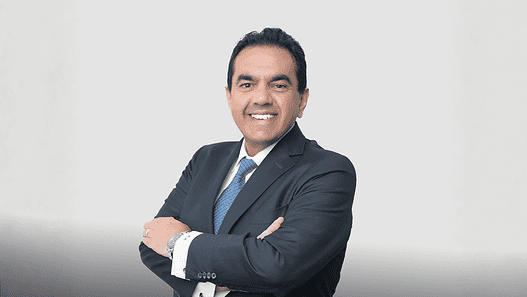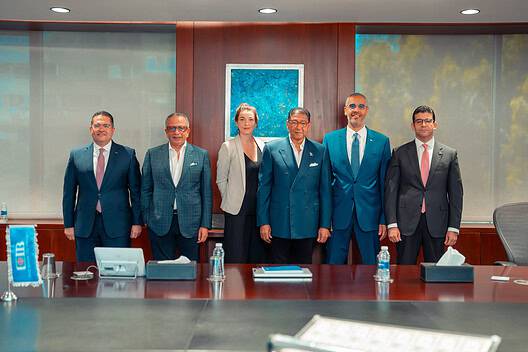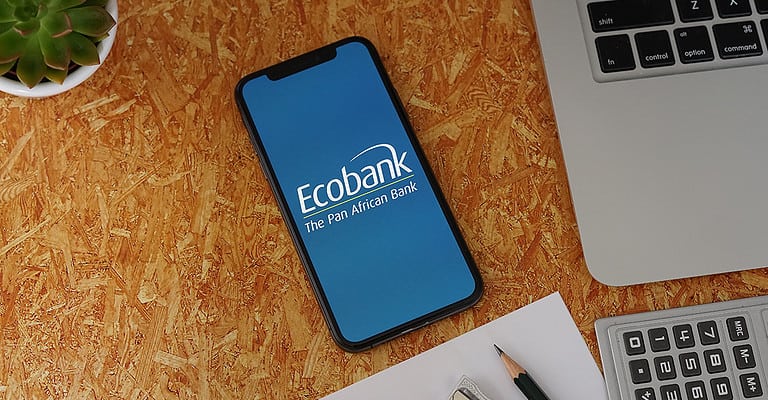Includes historical data for Egypt’s Gross Domestic Product growth rate, debt-to-GDP ratio and more, as well as information on trade, banking and financial sector leadership.
Attracting Investment Despite Debt and Regional Instability
Strategically positioned between the Middle East, Africa and Europe, Egypt is actively working to become a key international trade and investment hub. While its economy remains largely based on the export of refined hydrocarbons, in recent years this country of over 100 million has actively pursued investment for mega projects, including the expansion of the Suez Canal, the establishment of new smart cities and the construction of new roads and transport infrastructure—all of which are expected to boost Egypt’s GDP. The authorities are also looking to attract FDIs through a large privatisation scheme.
Stimulating growth remains a priority, and the country counts more than 100 bilateral investment treaties and grants foreign investors equal rights in many sectors. Among the challenges that remain for foreign and domestic businesses are a cumbersome bureaucracy, lack of transparency, and a shortage of skills in some sectors.
Egypt GDP & Economic Overview
Macroeconomy & Sovereign Data
| Type of Government | Parliamentary Republic |
|---|---|
| Capital | Cairo |
| Sovereign Ratings |
S&P: B Moody’s: Caa1 Fitch: B |
| Total Population | 109.45 million |
| Median Age | 24.48 |
| Adult Per Capita Income (PPP) | USD 31,524 |
| Total GDP (2025) | USD 349 billion |
Most Recent Content
Egypt
Banking & Finance
Overview
| Central Bank | Central Bank of Egypt |
|---|---|
| Currency | Egyptian Pound (EGP) |
| International Reserves | USD 34.8 billion |
| Stock Exchange | Egypt Exchange (EGX) |

Hassan Abdalla has led Egypt’s central bank since August 2022.
Trade & Investments
| Total Exports | USD 47.06 billion (2024) |
|---|---|
| Leading Exports |
Natural Gas Fertilizers Garments Refined Petroleum Crude Petroleum |
| Total Imports | USD 102.24 billion (2024) |
| Leading Imports |
Refined Petroleum Wheat Crude Petroleum Natural Gas Plastics |
| Sources: | Sources: CIA World Factbook, International Monetary Fund. |
Egypt Leading Companies
| Commercial International Bank (CIB) | Financials |
|---|---|
| QNB Alahli | Financials |
| Faisal Islamic Bank | Financials |
| Telecom Egypt | Telecommunication Services |
| Ezz Steel | Materials, Metals & Mining |
| Elsewedy Electric | Industrials, Electrical Equipment |
| Talaat Moustafa Group | Real Estate |
| Orascom Constuction | Construction, Engineering |
Major Trade Partners – Import
| China | 13.57% |
|---|---|
| Unspecified | 10.34% |
| Saudi Arabia | 8.47% |
| United States | 6.92% |
| Germany | 4.47% |
Source: World Integrated Trade Solution
Major Trade Partners – Export
| Unspecified | 6.67% |
|---|---|
| Turkey | 6.50% |
| Italy | 6.34% |
| India | 5.72% |
| United States | 5.30% |
Source: World Integrated Trade Solution
Source: World Integrated Trade Solution
Global Finance Rankings & Awards
In Partnership With
CIB is the leading private-sector bank in Egypt, offering a broad range of financial products and services to its customers, which include more than 500 of Egypt’s largest corporations, enterprises of all sizes, institutions, and households. CIB’s strong brand and growth in retail and SME banking segments continues to introduce new customers to the bank. As a result, CIB has succeeded in becoming the most profitable commercial bank operating in Egypt for more than 40 years.
The Bank was founded in 1975 as Chase National Bank, a joint venture between Chase Manhattan Bank and the National Bank of Egypt (NBE). In 1987, Chase divested its stake to NBE, who renamed the former joint venture Commercial International Bank.
Over time, NBE’s ownership in CIB declined, and in 2006 a consortium led by Ripplewood Holdings acquired NBE’s remaining 19%. In 2009, Actis, a Pan-African private equity firm specializing in emerging markets, acquired 50% of Ripplewood Consortium’s stake and became CIB’s single largest shareholder, with a 9.06% stake.
The emergence of Actis as CIB’s predominant shareholder marked a key transition in the bank’s strategic relationships. In March 2014, Actis divested 2.6% of its stake in CIB on the open market, maintaining its seat on the board, and in May of that year, sold its remaining stake to several wholly-owned subsidiaries of Fairfax Financial Holdings. Fairfax Financial Holdings owns through its wholly-owned subsidiaries a total of 6.55% of CIB’s shares. In April 2022, Alpha Oryx Ltd (a subsidiary of ADQ) acquired 18.595% of CIB.
Data Sources:
UN World Population Prospects
World Inequality Report
S&P Global Ratings
Moody’s
Fitch Ratings
IMF Direction of Trade Statistics (DOTS)
UN Conference on Trade and Development (UNCTAD)
CIA The World Factbook
World Bank’s World Integrated Trade Solution
Forbes Global 2000








